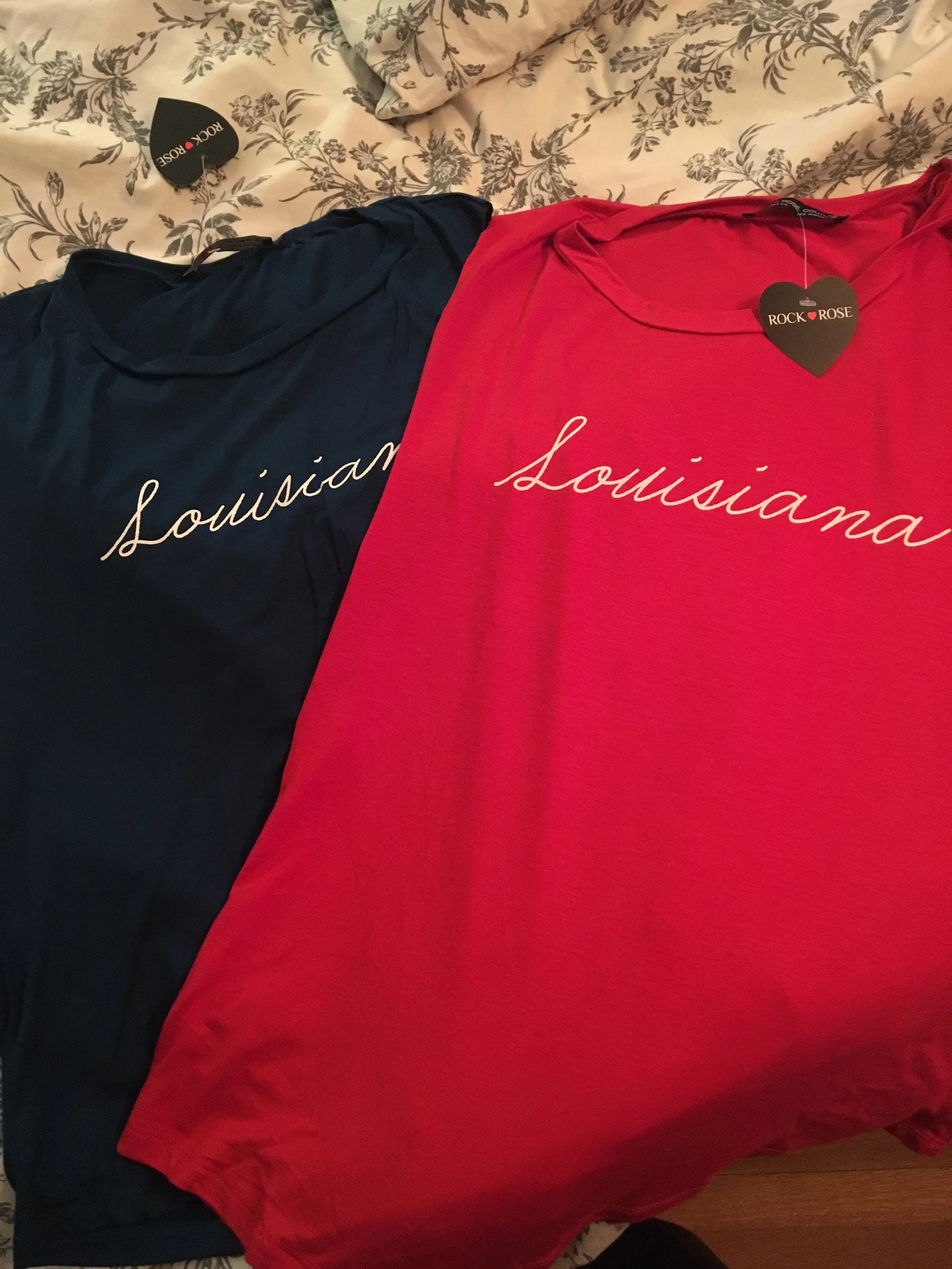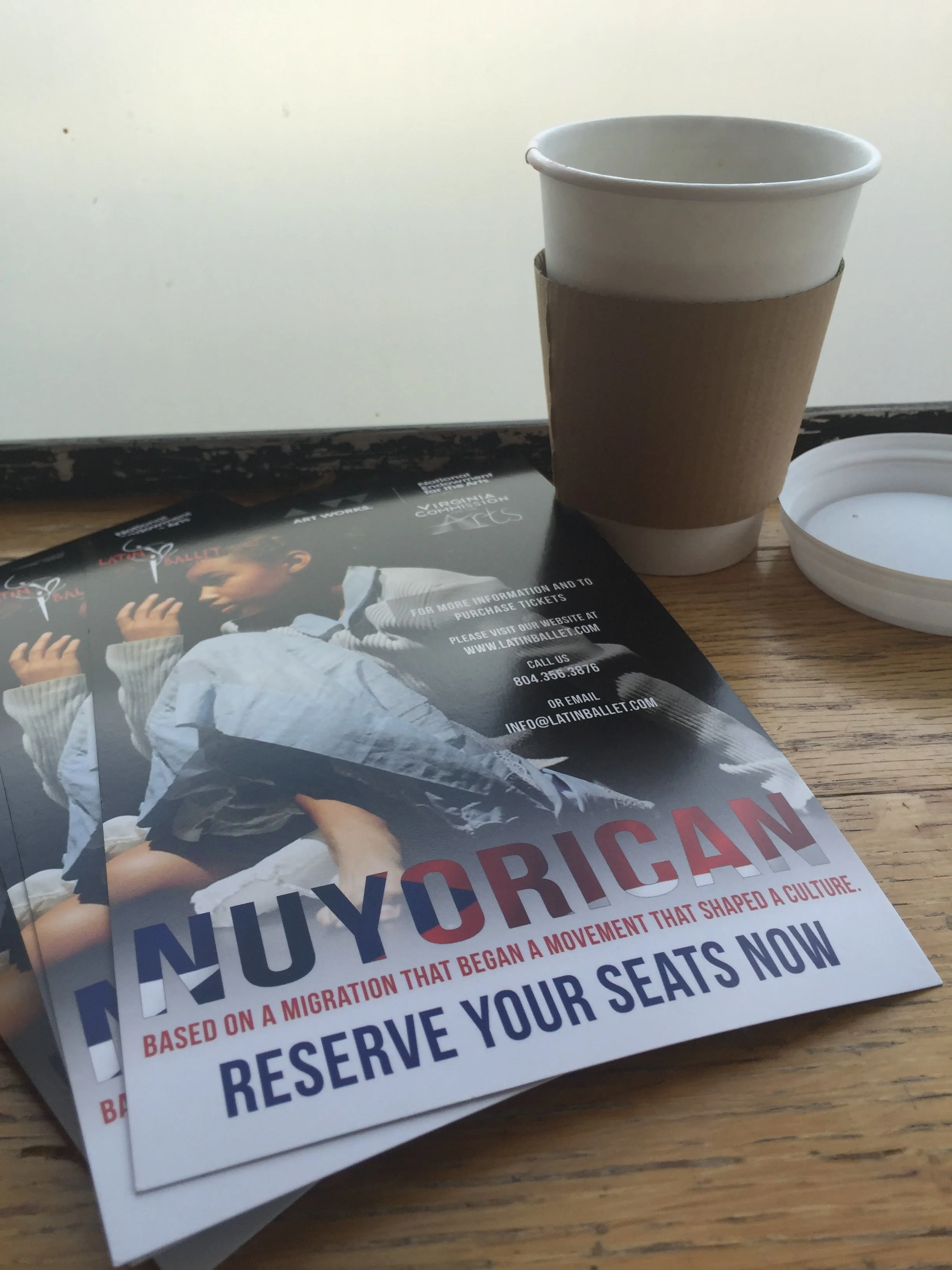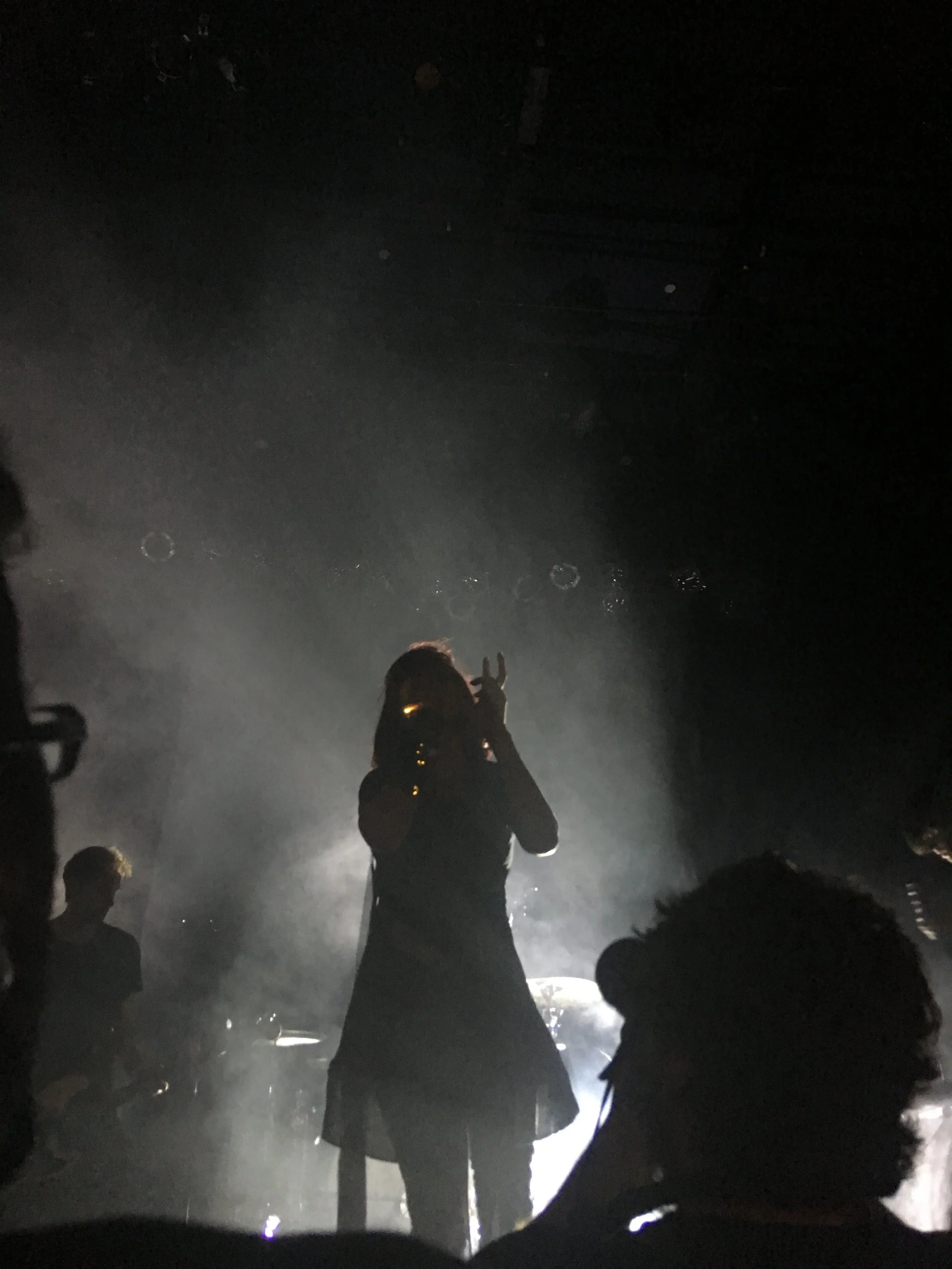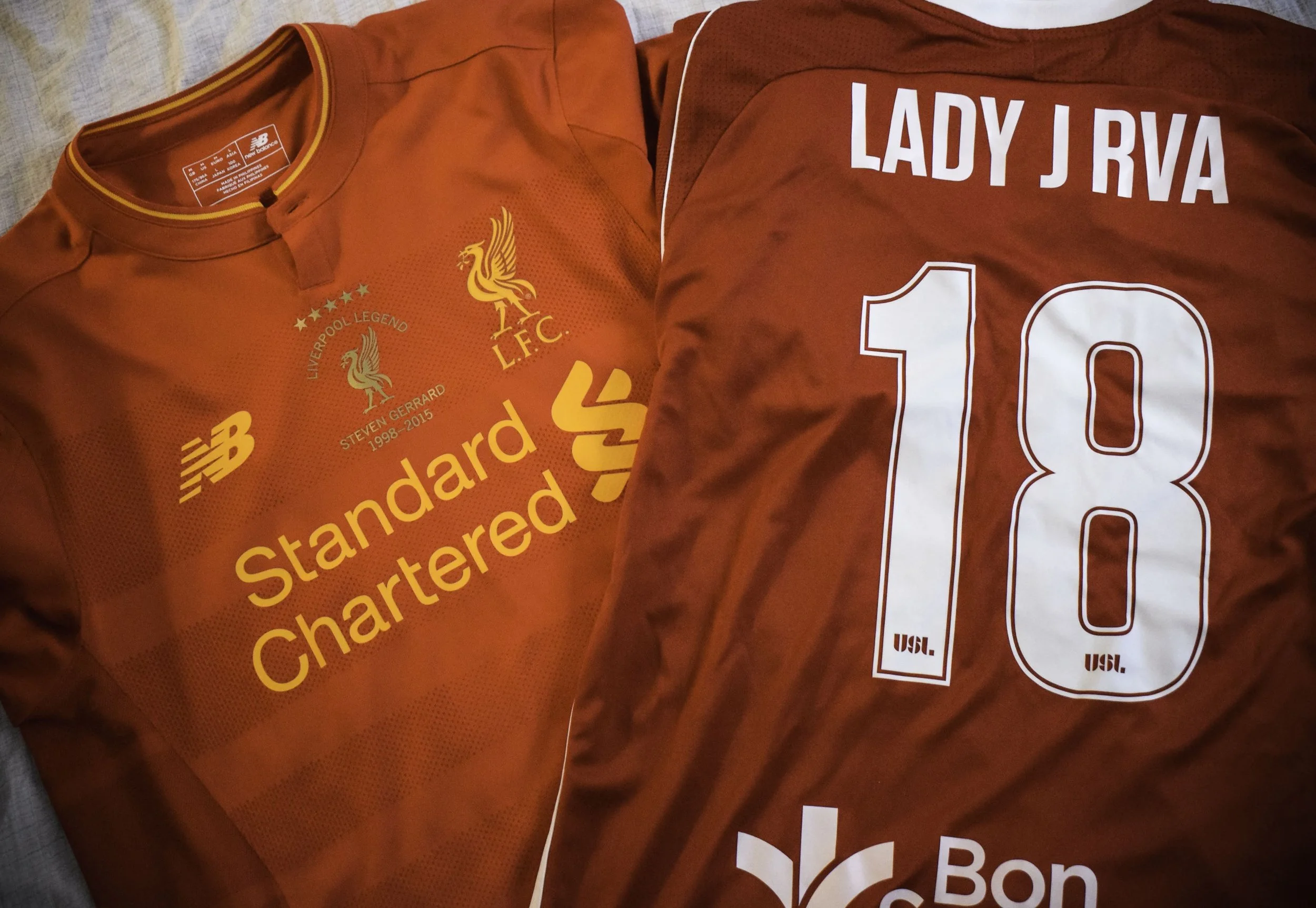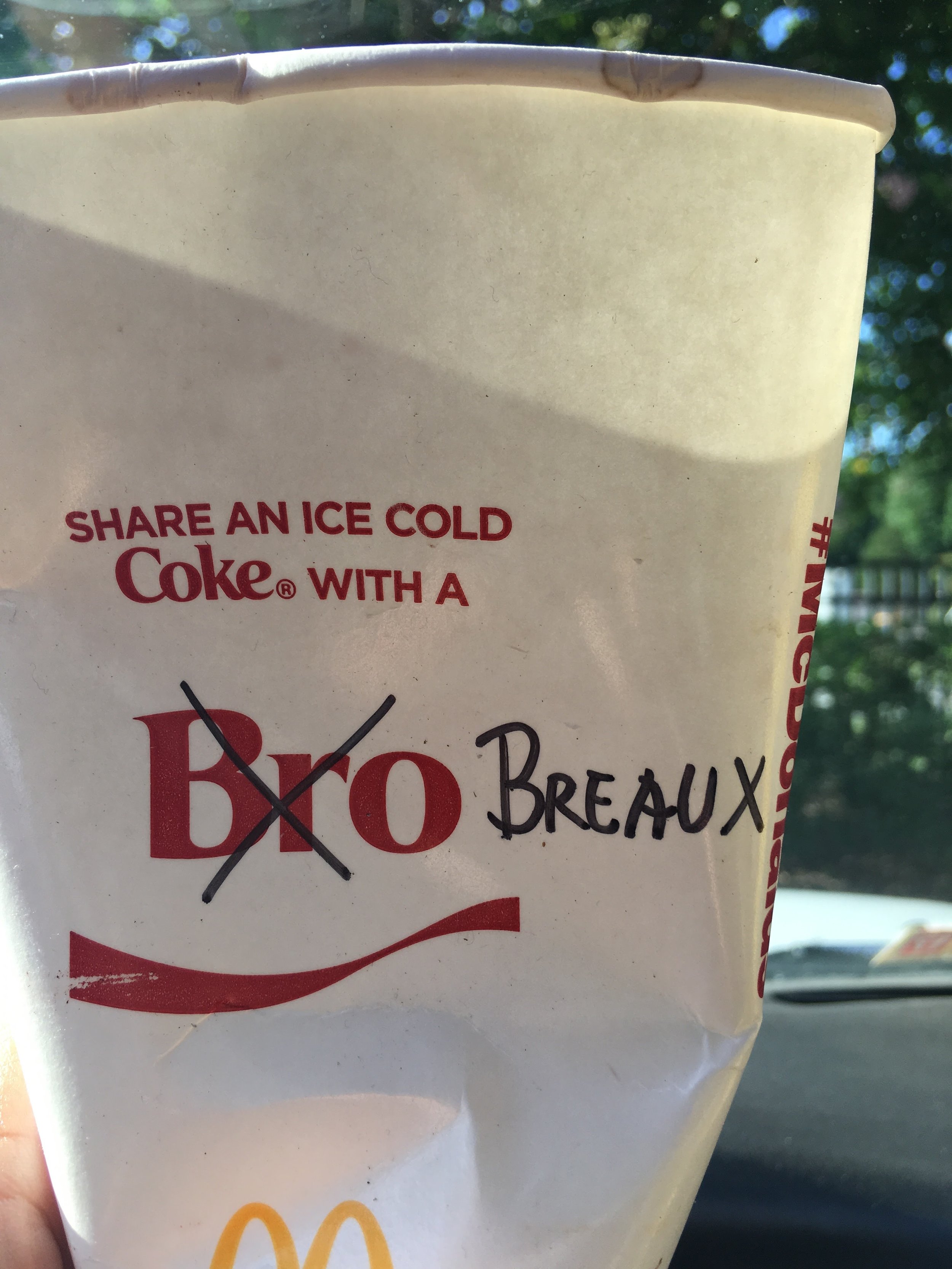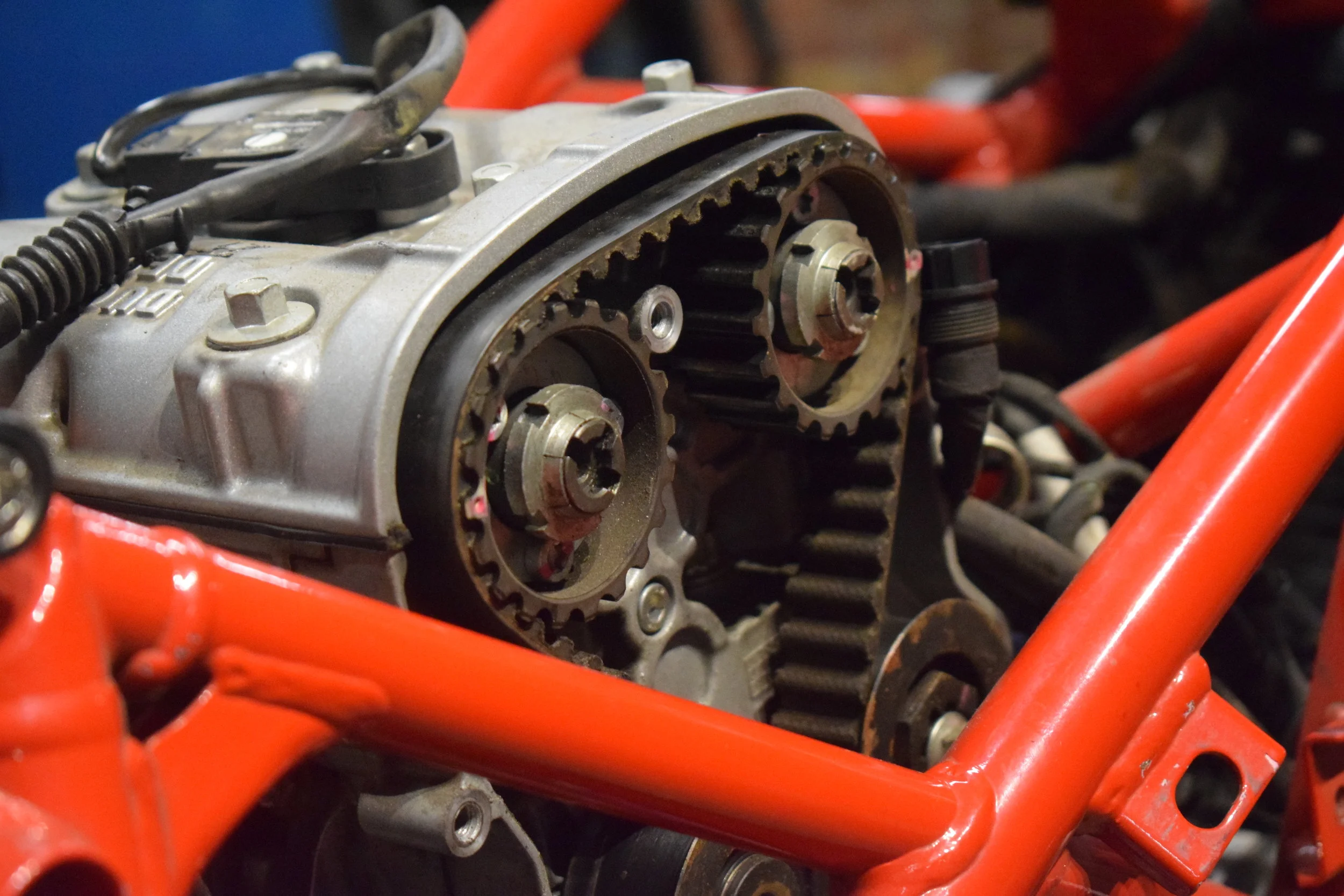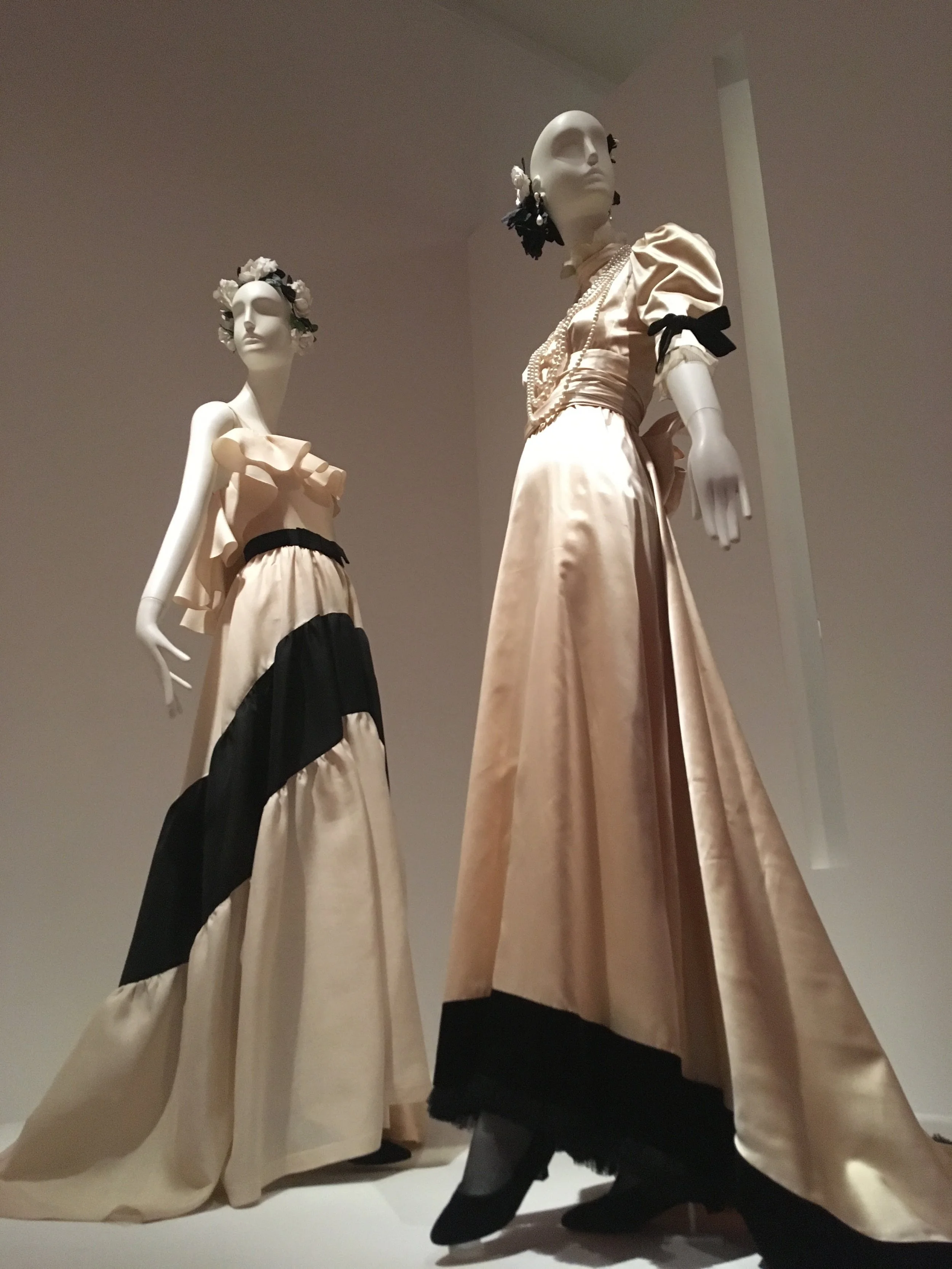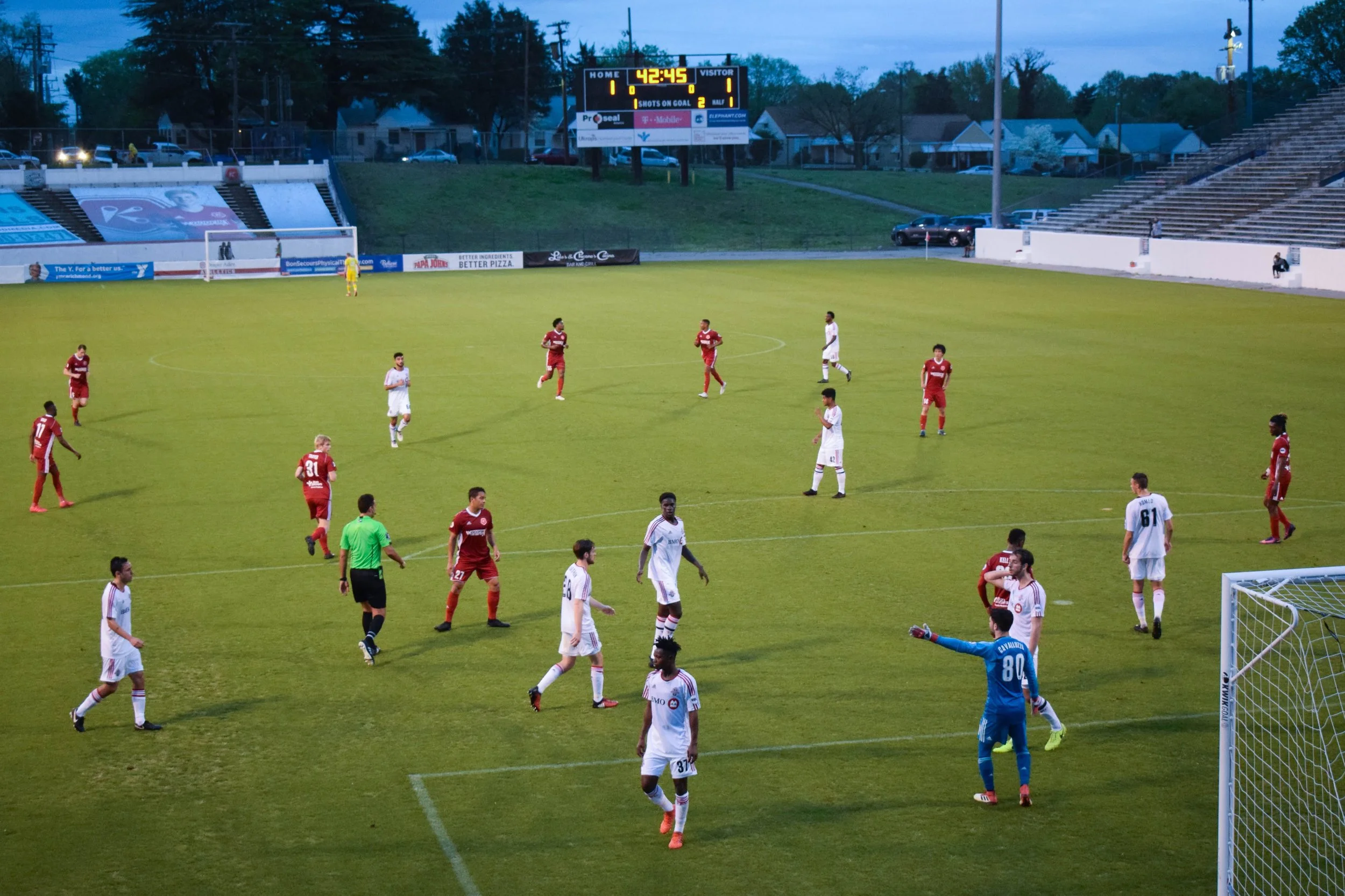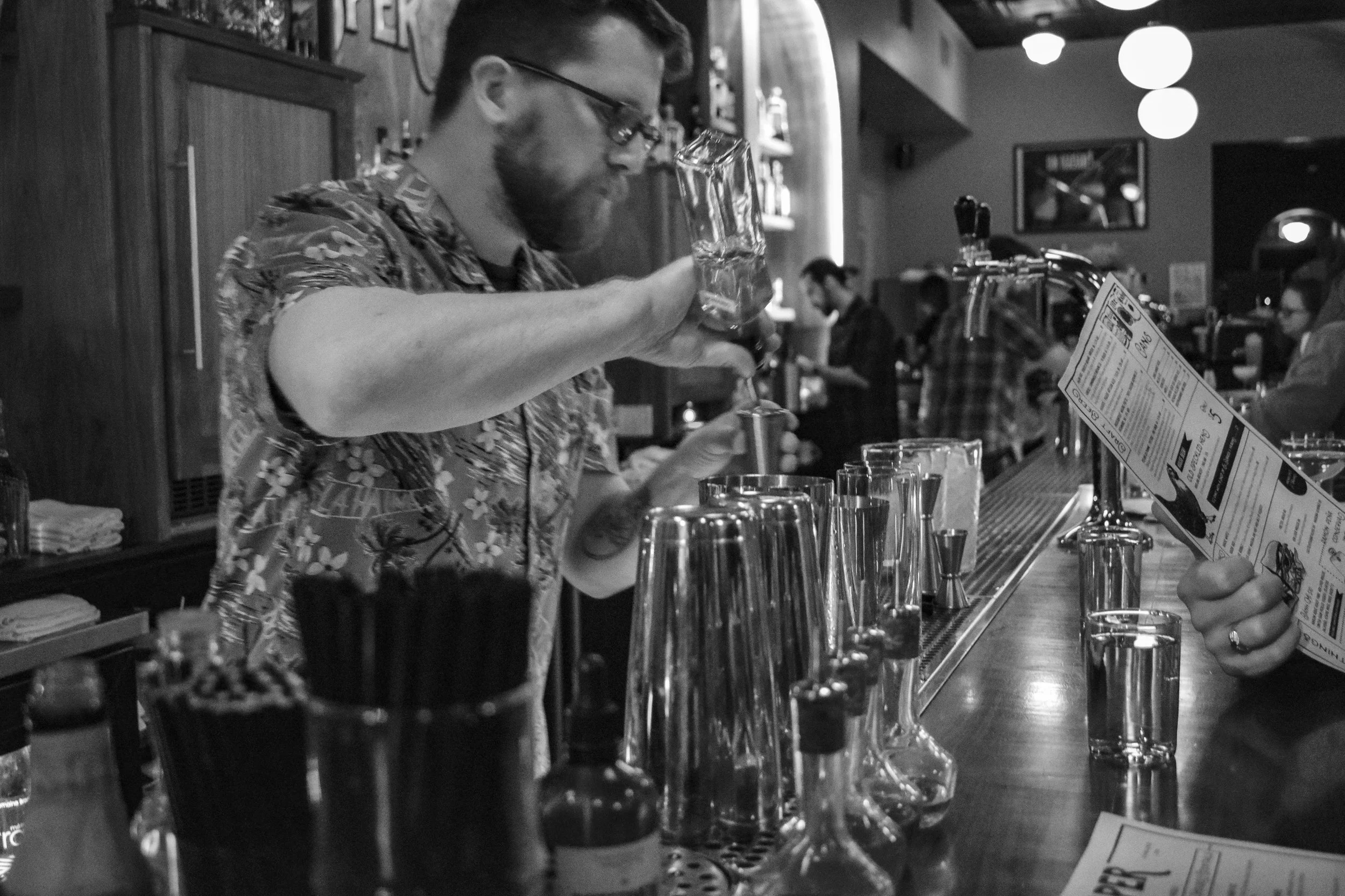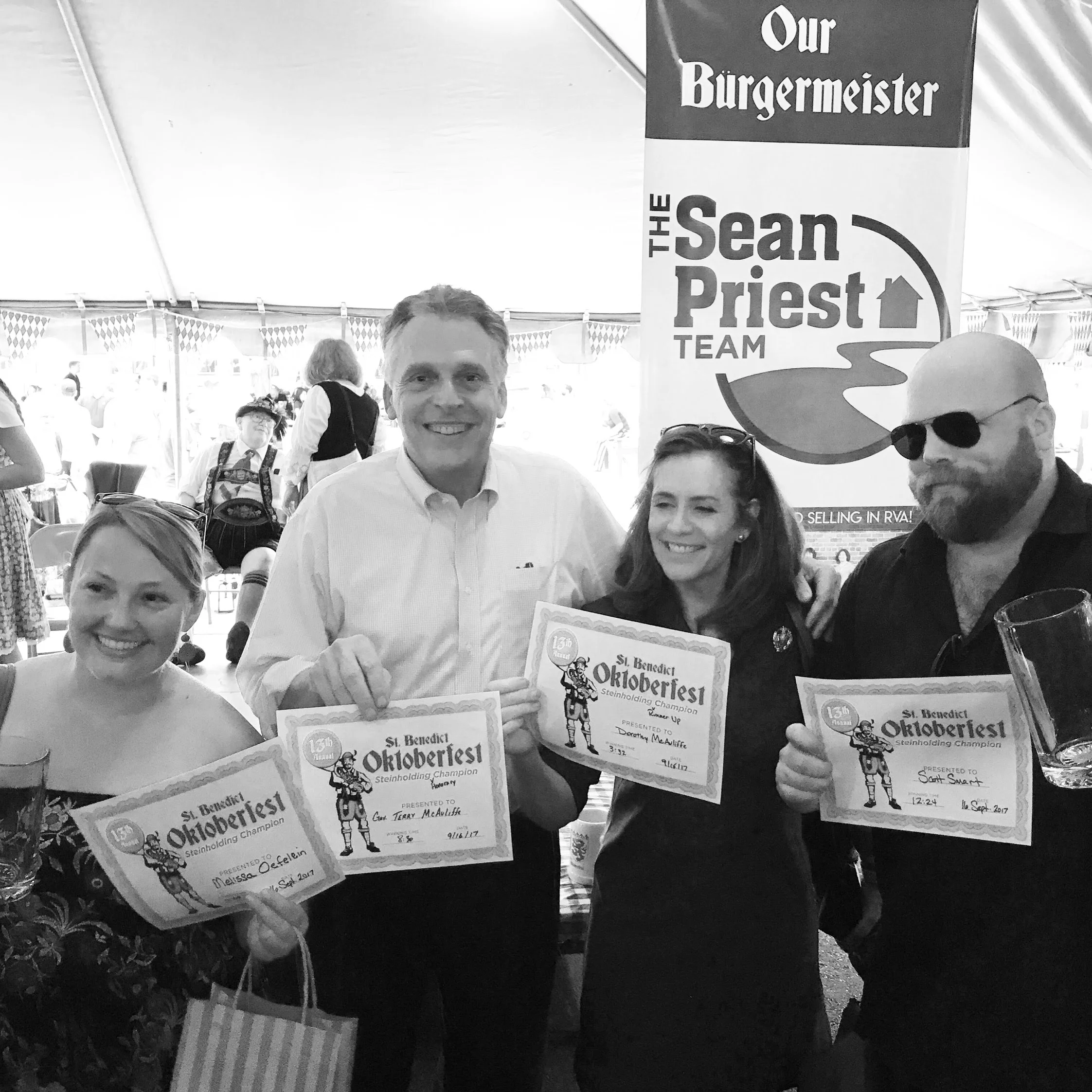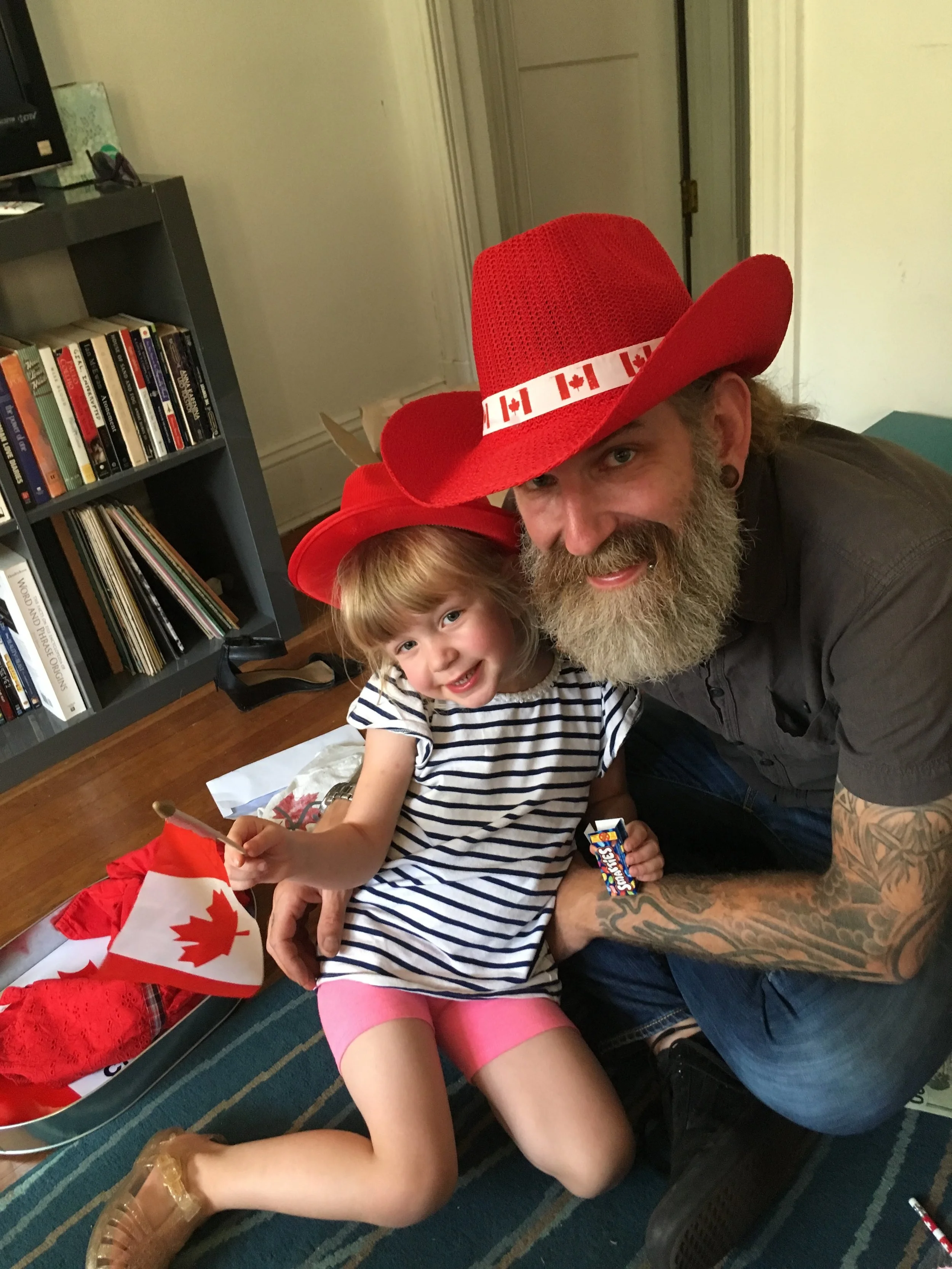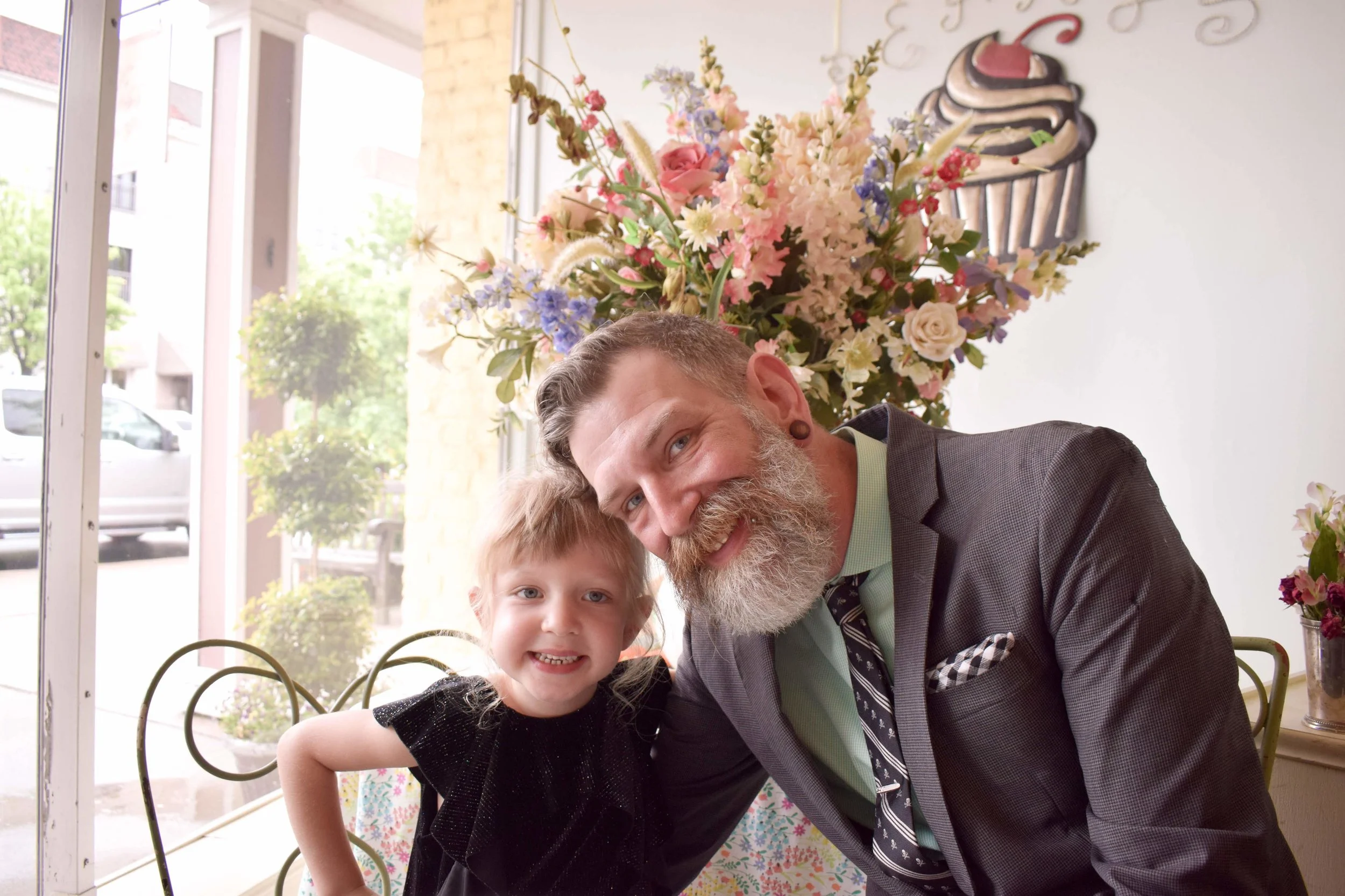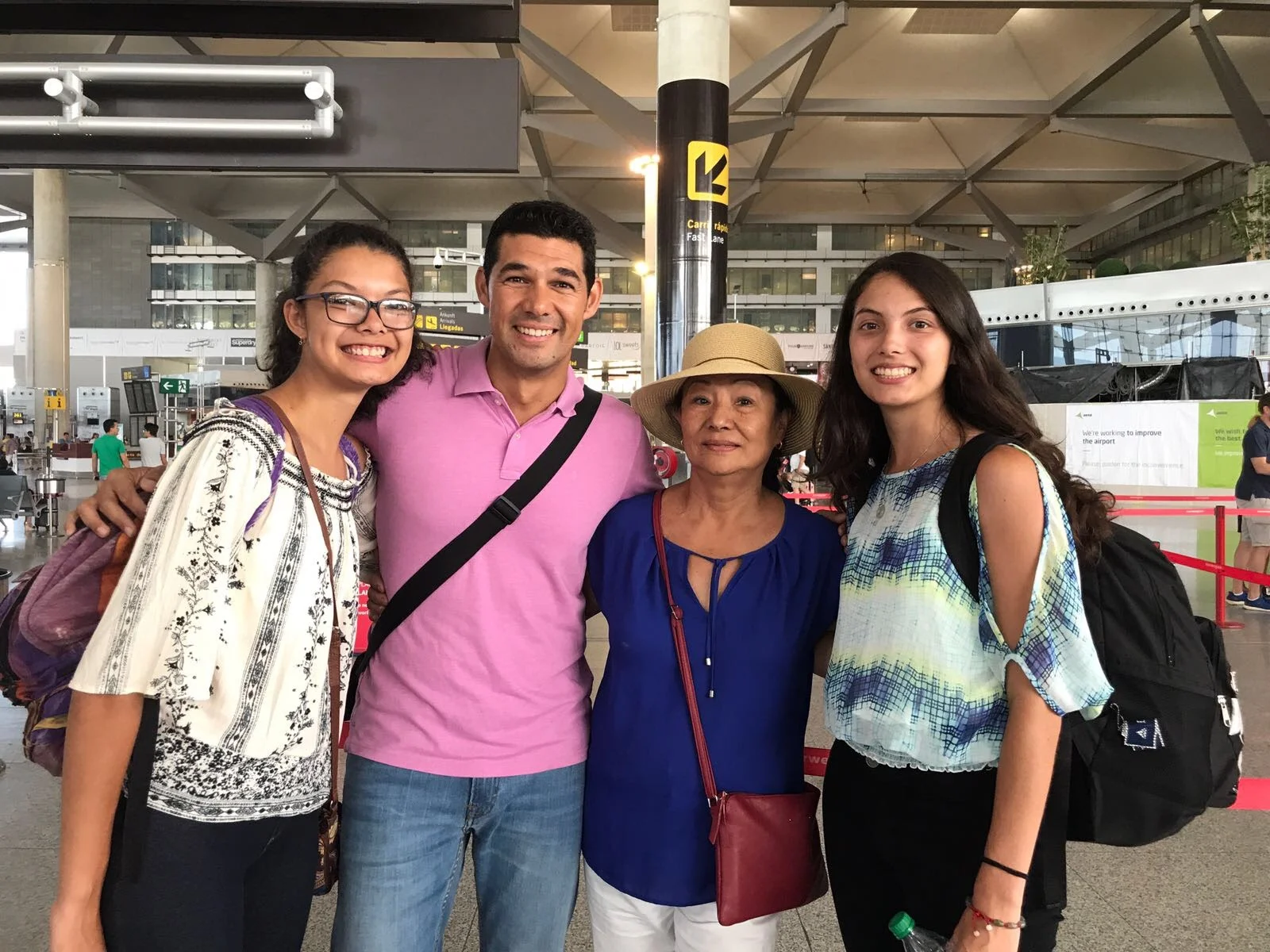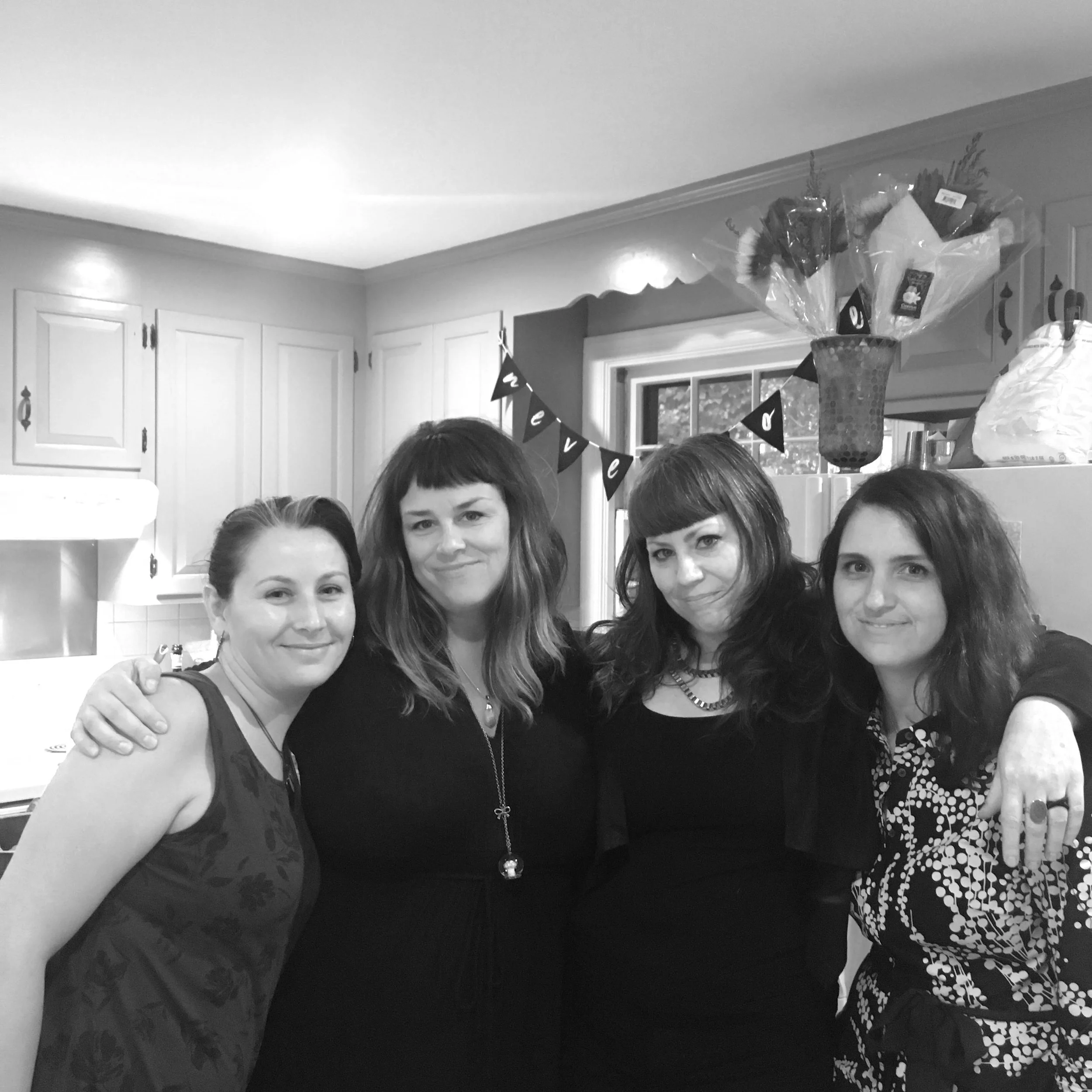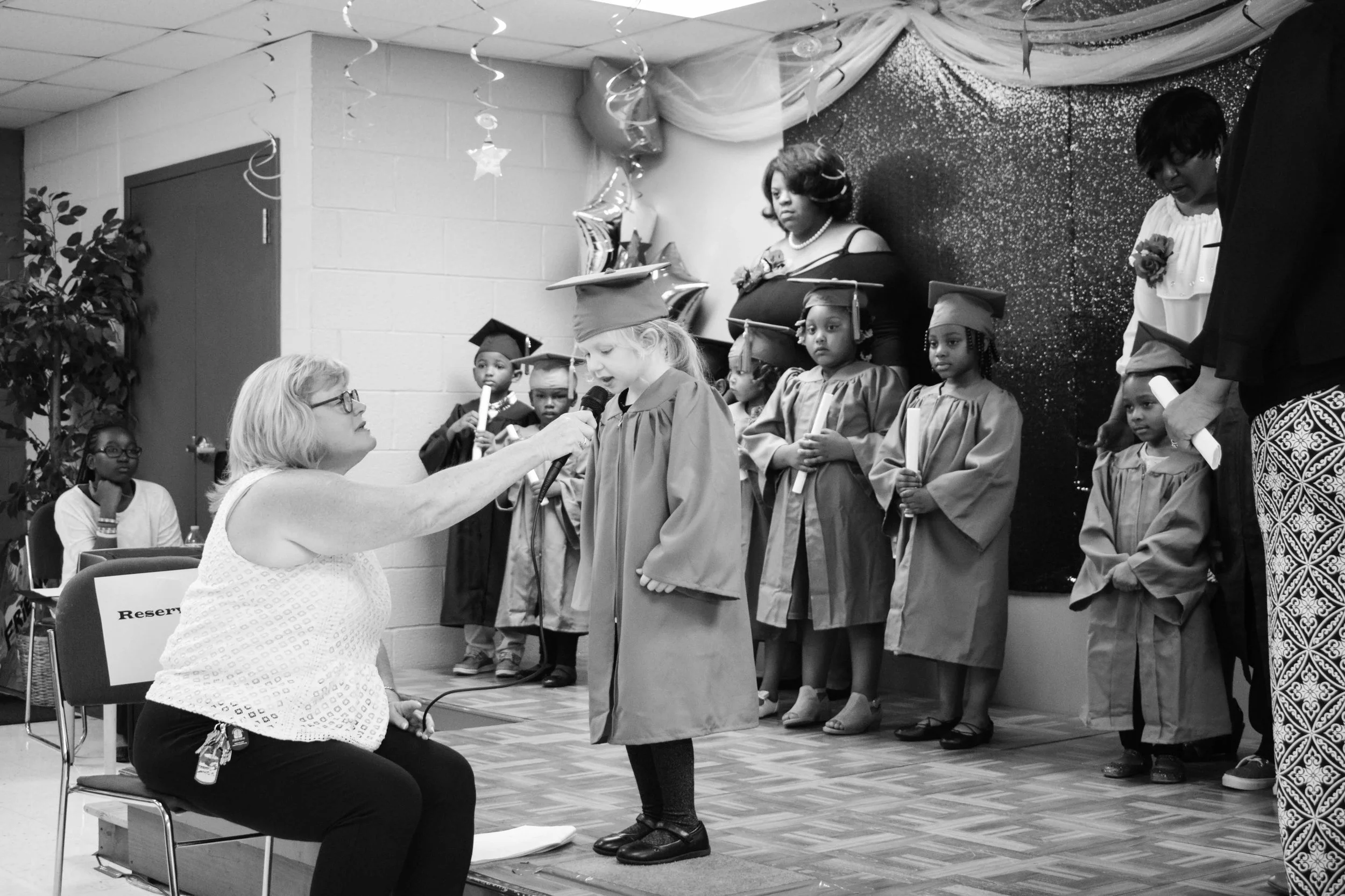Who is Jo Ann Breaux?
Jo Ann Lee Breaux, 45, is ethnically Panamanian, French Cajun, and Chinese. She was born in Panama (1973-1976), raised in Crowley, Louisiana (1976-1986), and moved to Richmond, Virginia, (1986-2005, 2010-present) with a five year stint in New York. Jo Ann’s father, 82 (LA) served in the Air Force for 22 years and then worked primarily in managerial and sales positions. Her Panamanian/Chinese mother, 64 (Richmond) has been a seamstress, nanny, and currently works as personal assistant. She has one younger brother who resides in Los Angeles, California, with his three children and Salvadorian wife. Jo Ann was raised in a middle class family, but currently she is right under middle class; maintaining work and a salary conducive to her skillset has been a struggle in recent years.
Jo Ann graduated from D.S. Freeman high school in 1991, received an associates degree in Computer Science (ECPI) and continued education at Virginia Commonwealth University and holds a Bachelors in Computer Science. She also had interest in obtaining a degree in English. She is a self proclaimed Dame of All Trades and has had a myriad of positions in her career. She currently writes about patterns and connection in relationships and is a licensed real estate agent and marketing manager in addition to doing freelance work for The Latin Ballet of Virginia and small local businesses.
Divorced, Jo Ann is currently in a heterosexual relationship and lives with a Canadian born divorcé and his five year old daughter (partially). They live in the Northside of Richmond and are big fans of the historical aspects of the neighborhood, but are concerned over the over gentrification of certain areas in town.
A participating Libertarian, she believes the United States needs a real change by getting rid of two-party politics and really making a goal of liberating the country and unifying its citizens. Jo Ann identifies most with being a Latin woman, but her diverse cultural upbringing lends itself to certain situations. She was exposed to mostly caucasian dominated culture and finds she identifies most with individuality. When being around Latin Americans, she finds connectivity with speaking Spanish or referencing mannerisms associated with the culture, similarly to being Cajun and Chinese.
Jo Ann was raised Roman Catholic, but she no longer practices within this denomination. She leans mostly agnostic with interests in spirituality as a whole.
Her hobbies include writing, watching soccer and moto-racing, reading, crosswords, design, music, movies, and dancing. She enjoys horseback riding and traveling as well. You can find her doing karaoke or hosting a radio show from time to time.
Jo Ann got involved with the Facing Whiteness project because she was recommended by a friend and felt it was an important study. She feels that in today’s society, Americans are slaves to labels and that the subject of race has gotten completely convoluted in the political climate. Jo Ann has also dealt with her own race issues in recent times and wanted to explore that further during the project. She feels education and communication is the key to all understanding.
Excerpt from interview with Jo Ann Breaux by Whitney Dow, 2017
Q: Did your father’s family accept your mother?
Breaux: [14:32:59] That’s a hard question because in my eyes growing up, they always accepted me. My mom was a "dark", strangely so was my dad's side, so I didn't understand what that meant, but the women in the family accepted her willingly, while some of the men in my family were a bit harsher when it came to addressing her, always noticing her dark complexion.
Q: Can you put my question into your answer?
Breaux: [14:33:09] Oh yes, I’m sorry. My father’s family accepted my mom and me and adored my brother. But it was weird. It was like they—I don’t even know how to explain this. They were always very cordial and sweet and very welcoming and this sort of thing. But there was also all the comments that kind of came with that. Most of the men in my family were all military and were all alcoholics. I mean, they drank a lot. And so, that mixed in with the fact that my mom was darker and my dad didn’t live in the country—we lived in the city—was definitely an aspect of how they accepted us into the family.
Q: Can you give me an example or tell me a story?
Breaux: [14:34:14] For example, my mom was always—they couldn’t say my mom’s name. My mom’s name is Aura [phonetic]. And they couldn’t say it. So they called her Iota [phonetic]. And that was her name. Me growing up with my mom in Louisiana, that was her name. Everybody called her Iota so much that I guess it really affected her more because when we moved her she changed her name. She went by her middle name. That was it. But things like that, things like— there were racial slurs here and there, you know? It was always commented that my mom was darker, you know, that my dad married a foreigner, that my dad was a city guy. You know, he was Mr. I got educated, because my dad was the only one who graduated from college. So, I guess that’s pretty much the extent of it.
It got worse as I was getting older because my dad and my uncles were all big drinkers. And so, there were a lot of parties. We hung out with the family a lot. And when they would get drunk and stuff, things would come out. Like, people would hit on my mom. I had uncles who hit on my mom. I had neighbors who hit on my mom in a really, like, awful way. I don’t even know how to describe it. It was very sleazy. The things that were said should not have been said ever, but also around me. And then my brother came along three years later. So, it was hard to take sometimes. I didn’t really know what was going on at the time. But then my mom, when I got older, would tell me these stories. And it was heartbreaking. I was like I can’t even imagine, you know?
.......
Q: Do you have a relationship with your father and his family now?
Breaux: [14:55:37] Oh, yes. I have a great relationship with my father's family. I love them so much. They are bit religious at times, but they are good hearted people.
Q: How has that complex past fit into that relationship?
Breaux: [14:55:49] I have a really good relationship with my father. We’re very close. We’re very similar. There’s a lot of family history between him and I that had to be remedied before we got to that point. My family, as a whole, has progressed in a lot of ways in that—my family is so funny because the N-word gets thrown around in Louisiana like nothing because it’s engrained in the culture, because everyone talks like that. And it comes from that, like, you know, this generation teaches this generation teaches this generation. It just keeps going and going and going. But the newer generations—and I come from a very large family. My dad is one of ten, and my mom is one of fifteen. And I have enough cousins to start their own country.
But seeing the newer generations, we’ve had marriages to black people in our family. We’ve had more Latinas in our family. We still get together every year and have a family reunion at the church hall in the middle of nowhere. And we have the best time ever. But that’s the weird thing about my family because, you know, when I go to visit, it’s always shocking for me to hear certain things because I’m like, I can’t believe you just said that. And they’re like, oh, you know, we don’t mean anything by it. And they really don’t. In their heart they don’t because they’re not racist people. They’re not. They’re just undereducated, you know?
And since then, all of my dad’s siblings have died. So my dad’s the only one left. And my dad is definitely very progressive as far as—he’s very Republican. But he’s also very progressive. He doesn’t have a mean bone in his body. So, seeing the younger generations, hearing them talk, it’s sad because none of them speak French. None of them have really learned the culture, the dances, you know, learned to cook the food, that sort of thing. So, that part is really sad because that was such a strong backbone to my family.
But you know, I have cousins who fly around the Confederate flag on the back of their trucks because they think it’s cool. But they don’t really understand. I don’t think that they really understand the part where it’s like that’s offensive, you know? They’re just kind of like I’m southern and I’m proud, you know? It’s like, okay, well, do you know why? So, yes, I think we’ve progressed in a lot of ways, though. We’ve had more people graduate, not get pregnant in high school, kind of thing.
Interview Transcript
Participant-Submitted Photos
